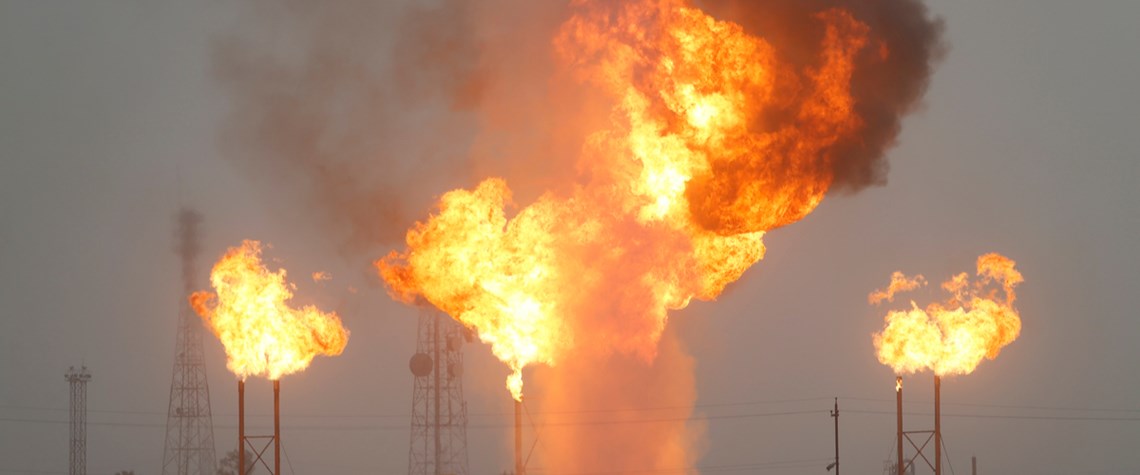Necessity drives Iraq’s decarbonisation plans
Chronic, acute power shortages are spurring efforts to develop renewables and capture flared gas
Iraq’s oil minister Ihsan Ismail pledged on Sunday to develop 10GW of solar capacity by 2030. Despite his admirable ambition, this volume appears improbable. The country had only 216MW installed at end-2019, cancelled its first utility-scale solar tender the same year amid political instability, and has neither the funds nor the foreign investment environment to support such an ambitious buildout. Nonetheless, the lack of operational domestic gas supplies and acute deficiencies in the existing power generation infrastructure are providing compelling incentives to both leverage the country’s year-round sunshine and accelerate flare gas-capture projects. Iraq is thereby adopting emissions-redu

Also in this section
9 January 2026
A shift in perspective is needed on the carbon challenge, the success of which will determine the speed and extent of emissions cuts and how industries adapt to the new environment
2 January 2026
This year may be a defining one for carbon capture, utilisation and storage in the US, despite the institutional uncertainty
23 December 2025
Legislative reform in Germany sets the stage for commercial carbon capture and transport at a national level, while the UK has already seen financial close on major CCS clusters
15 December 2025
Net zero is not the problem for the UK’s power system. The real issue is with an outdated market design in desperate need of modernisation







